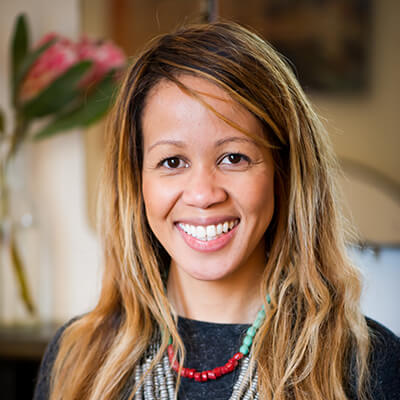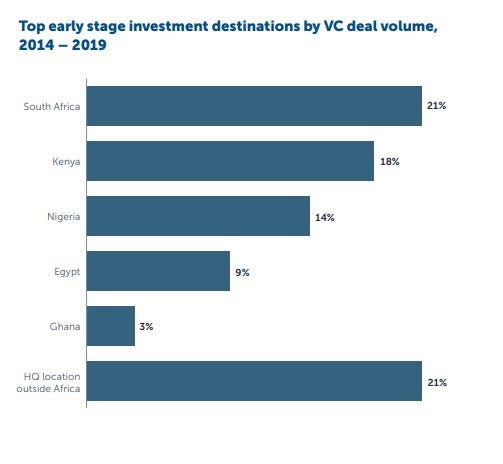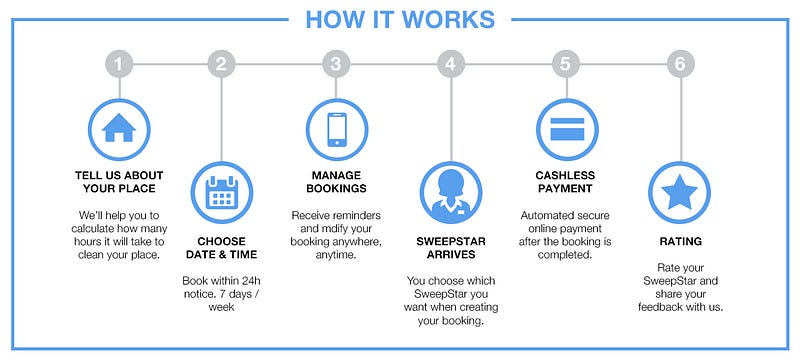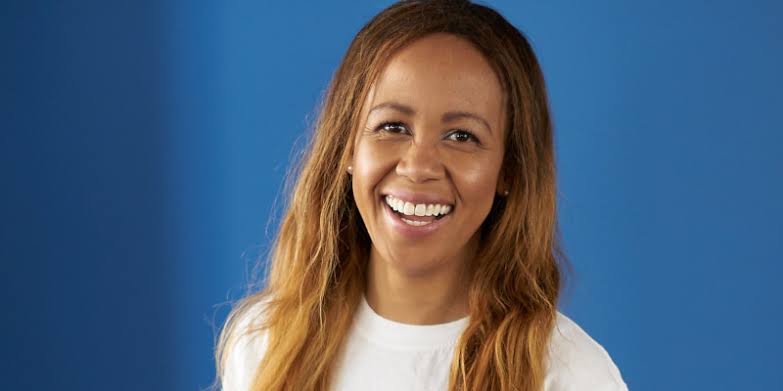South African Cleaning Services Startup SweepSouth Expands To Nigeria, Others
South Africa’s “Uber of cleaning services” SweepSouth has expanded to Nigeria under the name SweepSouth Connect. Customers can book a pre-vetted household or outdoor service professional at any time using the on-demand connect platform, which provides a convenient and reliable connection based on trust.

“SweepSouth Connect is introducing a unique approach to on-demand services that are driven by passion, technology and continually learning from useful data.
“We are committed to making a positive impact on the lives of domestic workers, trusted services providers and the cleaning industry in Nigeria,” the CEO and co-founder of SweepSouth, Aisha Pandor, stated.
Here Is What You Need To Know
- According to a statement from the company, it will launch its services in two Nigerian cities: Lagos and Abuja, and it has teamed with one of the leading cleaning organizations to provide quality services.
- Victoria Island, Ikoyi, Lekki, Maryland, Ikeja, Surulere, and Yaba are among the regions in Lagos targeted for access to SweepSouth Connect products, according to the announcement.
- The services would be available in Apo, Wuse, Wuse 2, Central Business District, Maitama, Garki, Asokoro, Gwarimpa, and Kubwa in Abuja.
- In Nigeria, the company intends to provide a variety of on-demand services, including cleaning of the bathroom, kitchen, bedroom, and other common rooms of the house.
- Office and industrial cleaning, post-construction cleaning, and facility management and maintenance are all included in the commercial cleaning service. Sanitation and decontamination, decluttering, and pest control will be among the other services accessible in Nigeria.
- SweepSouth began its home-cleaning services concept in Kenya in 2020.
SweepSouth’s Expansion Outside Of South Africa Comes In The Wake Of The Country’s Compensation for Occupational Injuries and Diseases Act (Coida) Demanding Benefits For Domestic Workers
In April this year, South Africa gazetted new rules under the Compensation for Occupational Injuries and Diseases Act (Coida) that will see domestic workers compensated for occupational injuries and diseases suffered by them in the course of their employment.
The new rules also grant domestic workers the same benefits that are payable to all other injured employees.
Read also Nigerian Startup Oaklinks.NG launches e-Commerce Services
Perhaps the most interesting part of the new rules is that from now on, all domestic workers in South Africa must now be registered with the South African Department of Employment and Labour, the body in charge of industrial labour in the Southern African country.
The penalties for non-registration are likely to begin after the end of March 2022.
Those would be affected most are in-home service startups in the country, such as SweepSouth. This therefore partly explains its international expansion efforts.
SweepSouth released its annual Report on Pay and Working Conditions for Domestic Workers in Africa earlier this year, for the first time adding Kenya and Nigeria.
According to the survey, roughly two out of every five domestic workers in Nigeria have lost their jobs as a result of the pandemic, and 48 percent are single parents, with 65 percent serving as the household’s primary income. With such sobering figures — especially in a country where domestic employees are exempt from the National Minimum Wage Act — Pandor is cautiously optimistic that his company’s entry into the market would improve their lives.
“Kenya appealed to us because it felt like an in-between in terms of culture, market segment, and dynamics, and also smartphone and internet penetration when compared with West Africa. And Nigeria is a really exciting new venture that we hope will serve as a base for further expansion into the West African region,” commented Aisha Pandor on the expansion.
Last year, at the heart of the coronavirus pandemic, SweepSouth launched a R12m fund in support of workers under its care.
Charles Rapulu Udoh

Charles Rapulu Udoh is a Lagos-based lawyer who has advised startups across Africa on issues such as startup funding (Venture Capital, Debt financing, private equity, angel investing etc), taxation, strategies, etc. He also has special focus on the protection of business or brands’ intellectual property rights ( such as trademark, patent or design) across Africa and other foreign jurisdictions.
He is well versed on issues of ESG (sustainability), media and entertainment law, corporate finance and governance.
He is also an award-winning writer









